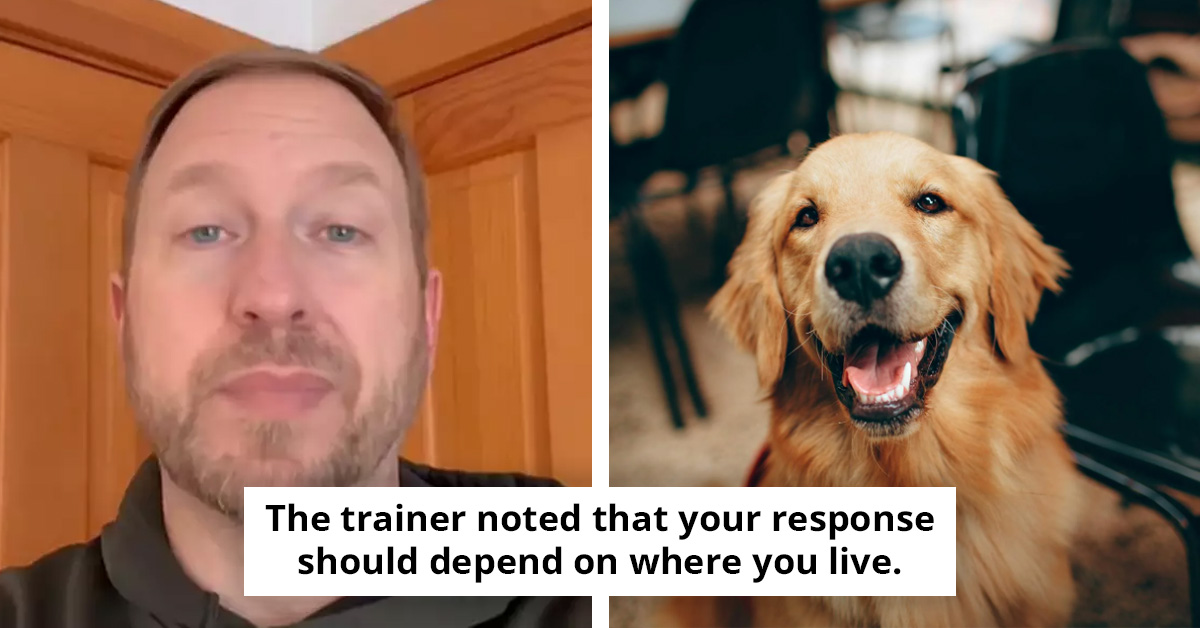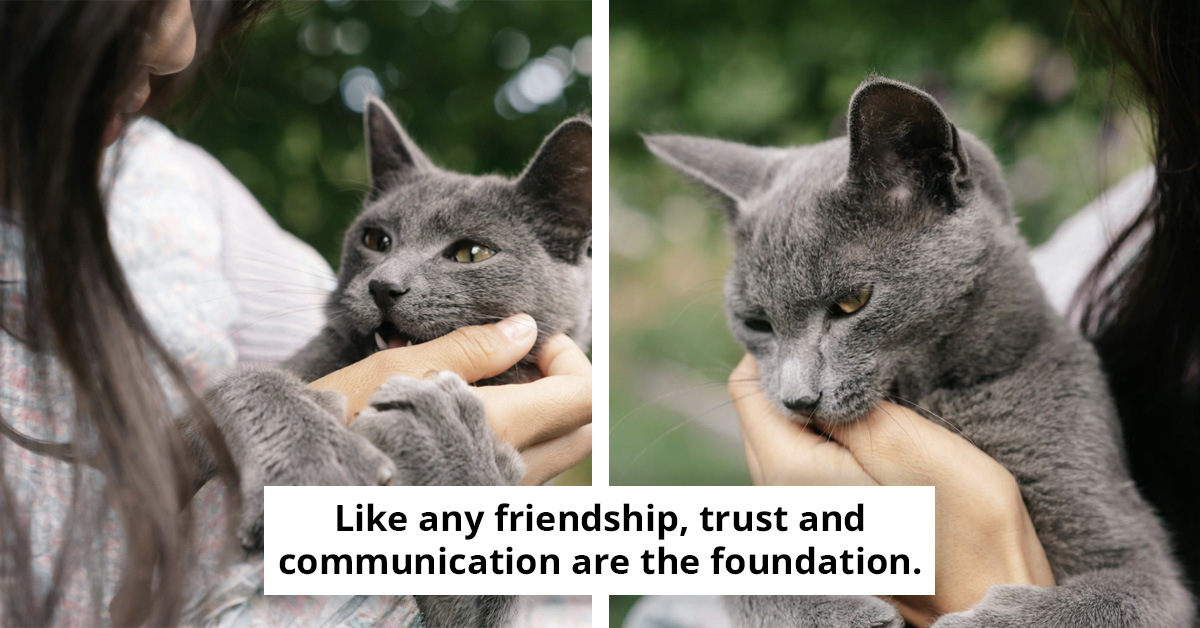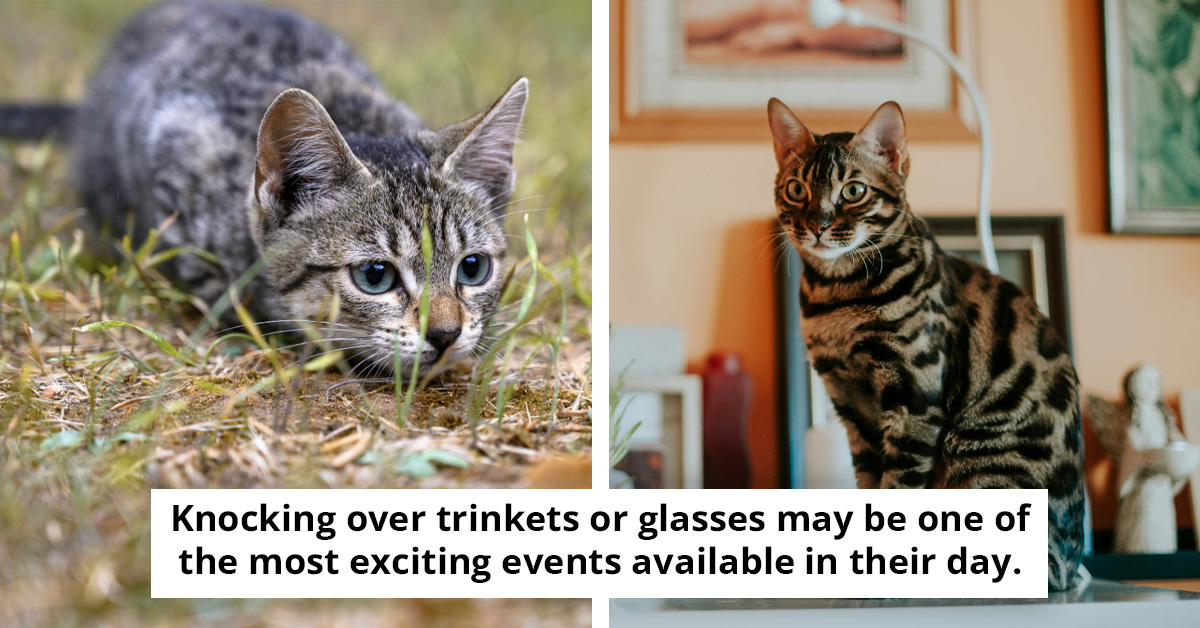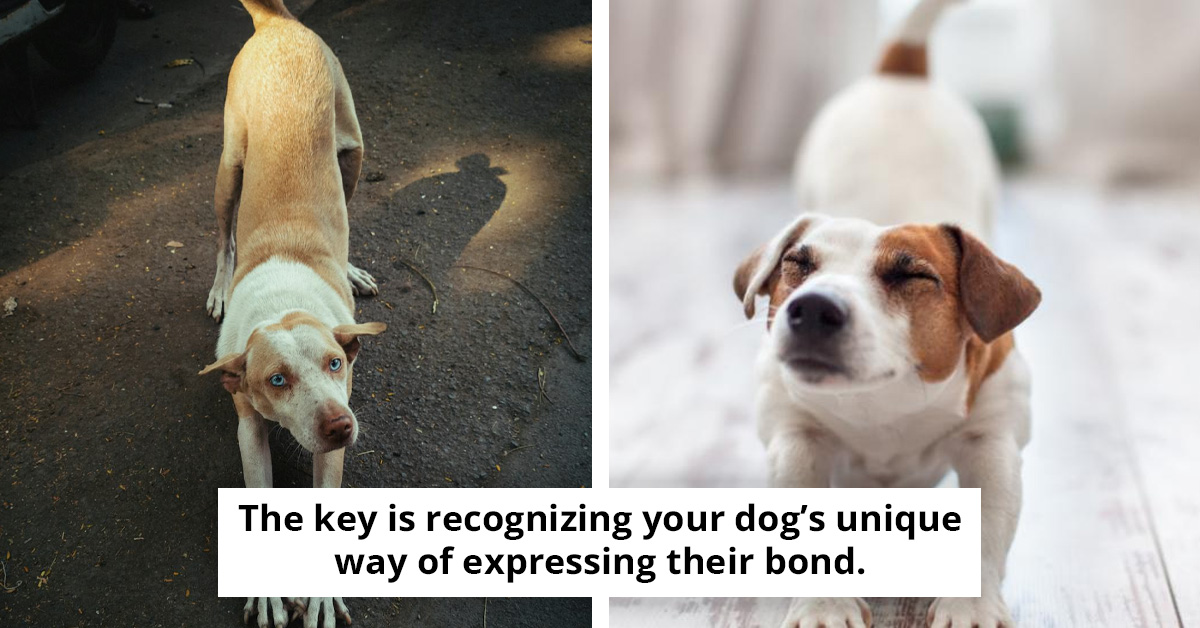Negligent Owner Claims Dog Hers When Convenient, Calls It 'Our Dog' When It's Clean-Up Time
The relationship between humans and dogs is a symbiotic one. If you care for them properly, they'll give you the protection and love you deserve.
So it's no wonder why the dog in today's story from the "Am I The A**hole?" (AITA) subreddit became attached to someone other than its real owner. According to the OP, her family led her to believe that the new dog being brought home would be a family dog.
The OP had recently lost her beloved dog, so when her mom suggested getting a new one, she agreed, thinking it would be everyone's dog. The OP even chipped in for the dog's expenses. But after they brought the dog home, the OP's mom revealed that it was actually her sister's dog.
The OP felt hurt and deceived, especially since her sister rubbed it in, reminding her that the dog wasn't really hers. Despite this, the OP found herself bonding with the dog, especially when her sister neglected him, spending more time playing video games than caring for the pup.
Eventually, the dog became attached to the OP, much to her sister's annoyance. Now, the OP's sister wants her to ignore the dog so they can bond, but the OP isn't having it.
Both sisters are digging in their heels, fighting about who truly owns the dog.
The OP's family is having an issue about a family dog.
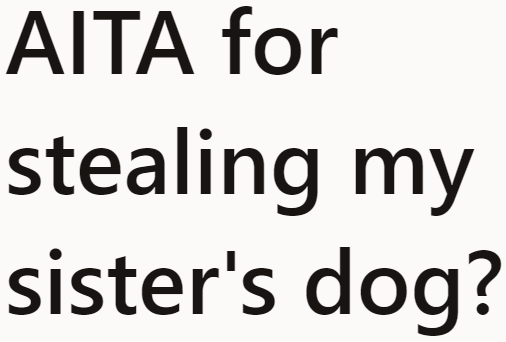
The OP was told that they'll be having a family dog soon.

The Psychology of Responsibility
The dynamic of ownership and shared responsibility for pets often reveals deeper psychological patterns related to attachment and care.
Research indicates that individuals may exhibit possessiveness over pets, reflecting their emotional investment and desire for control.
According to attachment theory, how one relates to pets often mirrors their interpersonal relationships, highlighting the importance of shared responsibility in fostering healthy connections.
Everyone was supposed to contribute to its care.

After discovering she was tricked, she was so upset. The dog actually belongs to her sister only.

From a behavioral perspective, the tendency to claim ownership over a pet only when convenient suggests an ambivalence towards responsibility.
Studies show that this behavior can stem from a fear of commitment or a reluctance to engage fully in caregiving roles, often leading to conflict within family dynamics.
Addressing these ambivalences can promote healthier interactions and shared responsibilities.
The dog they brought home was sick. Since the dog belongs to the sister, she now has to clean up all the messes her dog makes.
The sister even conveniently tells everyone that it's 'our dog' to avoid taking responsibility.

The OP, on the other hand, bonded with the dog and the two became close.

The Impact of Attachment Styles on Relationships
Understanding attachment styles can provide insight into why individuals may treat their pets in ways that seem inconsistent or neglectful.
Research highlights that insecure attachment styles can lead to difficulties in forming stable and trusting relationships, both with humans and animals.
Encouraging discussions about attachment can help family members recognize their patterns of relating and how they impact shared responsibilities.
Now, the OP became the dog's favorite.

To dog won't trust its true owner anymore.

Furthermore, the emotional bonds formed with pets can complicate perceptions of ownership and responsibility.
Studies suggest that individuals who view pets as family members are more likely to engage in shared caregiving, while those who see them as property may struggle with commitment.
Fostering a sense of shared ownership and emotional connection can enhance caregiving practices within families.
The OP's sister got pissed, accusing the OP that she stole her dog.

The sister doesn't even like the nickname the OP gave the dog.

Ultimately, addressing issues of responsibility requires clear communication about expectations and emotional investments in pet care.
Encouraging open dialogues about feelings towards pets and caregiving responsibilities can help resolve conflicts and enhance family dynamics.
Creating a culture of shared responsibility can lead to healthier relationships and more harmonious pet care experiences.
The OP only did what's best for the dog, so the sister can't accuse her of stealing it.
If the sister actually cared for the dog, they wouldn't have happened.
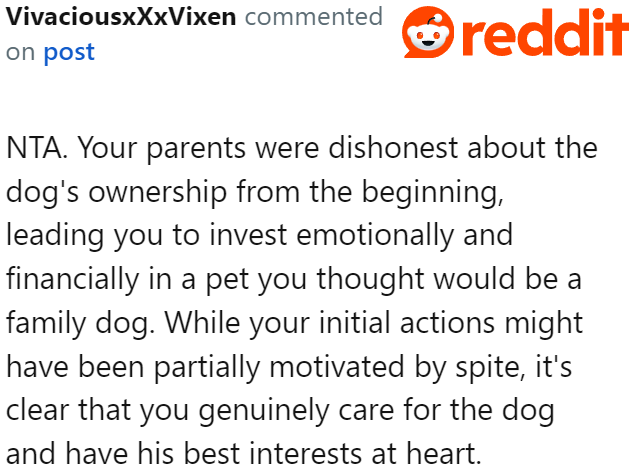
With the OP being loving to the dog and her sister yelling at it, it's only natural that the dog gravitates to the former.
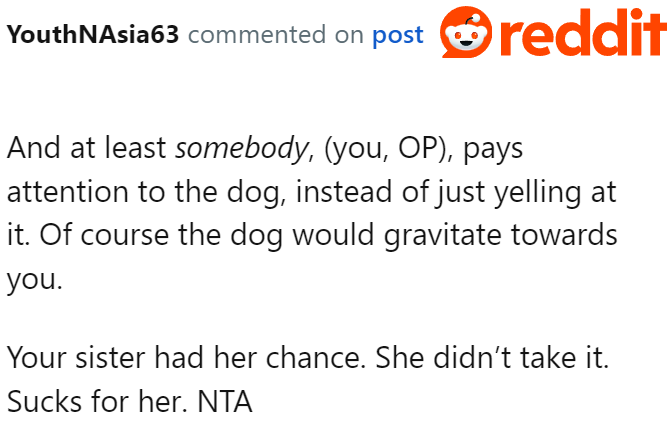
The OP deserves this dog. She's the one who has been caring for it, spending time with it, and ensuring its well-being. Her dedication shows that she’s ready to take on the responsibility, while her sister clearly isn’t prepared for the commitment.
It might be best for everyone if the dog officially becomes the OP's, allowing the dog to have the love and attention it needs.
Being kind to the poor creature doesn't mean she's stealing the dog.
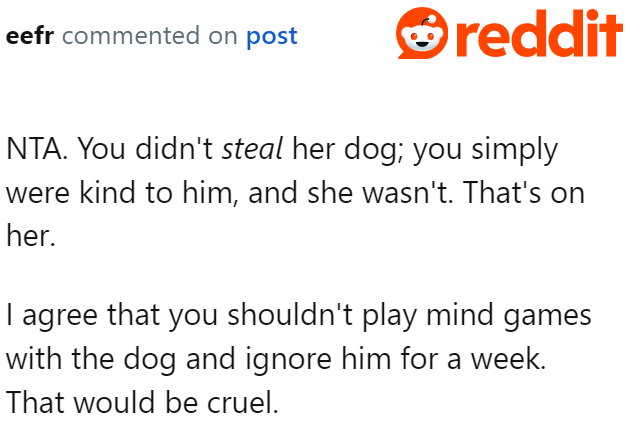
It should just be the OP's dog, since she's the one who genuinely cares for it.
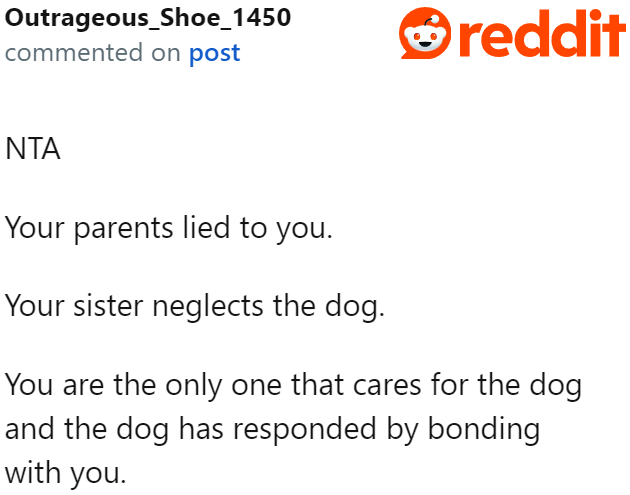
A Redditor suggests chipping it to the OP's name. Her sister doesn't take care of it properly, anyway.
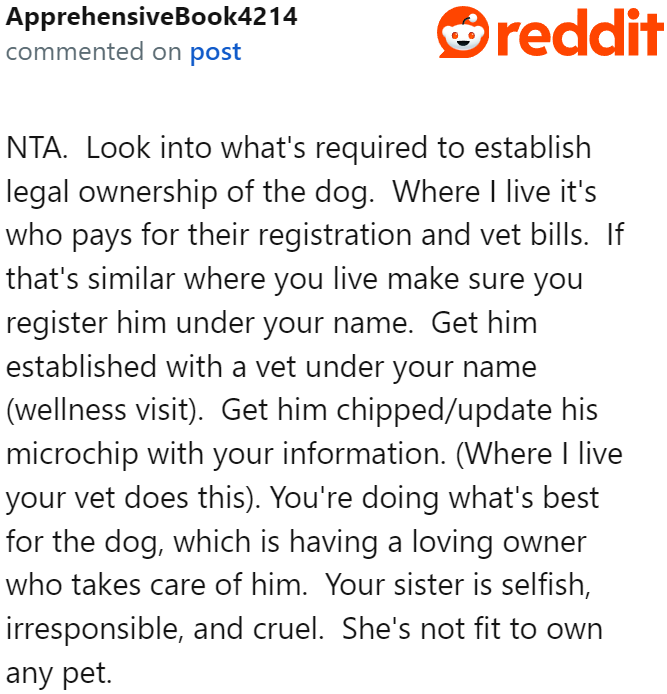
Psychological Analysis
This situation highlights the complexities of shared responsibilities and ownership within familial relationships.
From a psychological perspective, fostering open communication about expectations and emotional commitments can enhance understanding and cooperation in pet care.
Analysis generated by AI
Analysis & Alternative Approaches
In conclusion, navigating responsibilities related to pet ownership requires a balanced understanding of attachment and shared caregiving.
By fostering open communication and empathy, families can better manage conflicts related to pet care, enhancing the bond between family members and their pets.
Recognizing the emotional undercurrents at play can lead to healthier dynamics and more effective caregiving.
